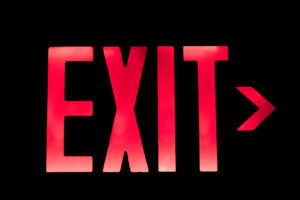You might use the terms succession plan and exit plan interchangeably however they are different. As a small business owner, it’s important that you understand the difference.
- Succession planning focuses on transferring the power or leadership of your company.
- Exit planning focus on the transfer wealth of your business.
The Succession Plan Defined

Your succession plan details identifying, training, and transferring who will lead and manage your company. This is what we help our clients do when building a self-sustaining business!
You need a critical change in mindset to get there, which is where many owners get stuck. Like most business owner, you were an employee before owning your business. Once you own a business your focus must ship to owner and away from employee or manager. If you don’t make the shift, then you’ll be stuck until you make the decision to exit your business.
The Exit Plan Defined
 Exit planning, on the other hand, is identifying and executing the transfer strategy of a company and its ownership to another person, team, or entity. More simply said, selling your business!
Exit planning, on the other hand, is identifying and executing the transfer strategy of a company and its ownership to another person, team, or entity. More simply said, selling your business!
Succession planning is almost always a part of exit planning. However, done by the BGS method, you can do succession planning and retain ownership to repeat the rewards of your investment. Let me explain what I mean.
Succession Planning Without Exit Planning
For years now I have been advocating creating a self-sustaining business. What this really means is building your business in a way where it runs without you having to be present. Or at least doesn’t require you there to assure that it generates the level of cash flow and profit that you want. It’s the success stage of the growth cycle and what is often referred to as absentee ownership.
Succession planning is just the last step in the process. Finding that person to take over your day-to-day role in running your business so that you can go off and do other things! Maybe it will let you play with that folder full of ideas that you’ve been saving because you learned how to control your “shiny object syndrome.”
Your Exit Plan Doesn’t Have to Mean SELL MY BUSINESS!
 If your business is setup to be self-sustaining, it just becomes another investment in your portfolio. Just like the mutual funds in your 401K (if you have one). Your business’ cash flow generates the money for your early retirement…and beyond!
If your business is setup to be self-sustaining, it just becomes another investment in your portfolio. Just like the mutual funds in your 401K (if you have one). Your business’ cash flow generates the money for your early retirement…and beyond!
Now, this approach is not for everyone. Some people will say, “I don’t want to mess with it. When I am ready to retire then I want to sell it and be done with it.”
That’s OK! But, if selling your business is your exit strategy, it still will be worth more, and more people will have an interest in buying it if someone else is already manage it.
A Succession Plan Adds Values to Your Exit Plan
 The fantasy too many small business owners live is that they’ll find someone that can afford to pay them the $1 million they THINK their business is worth to run their business. WRONG!!! According to business broker statistics less than 25% of businesses that go on the market sell! Can you afford to leave your retirement to those odds?
The fantasy too many small business owners live is that they’ll find someone that can afford to pay them the $1 million they THINK their business is worth to run their business. WRONG!!! According to business broker statistics less than 25% of businesses that go on the market sell! Can you afford to leave your retirement to those odds?
People with that kind of money don’t run businesses. They buy them to get a return on the money they invested! They want cash flow that somebody else is generating for them.
A buyer will pay you more if your business already has a general manager in place to run it! They will pay you much less if you make them have to go find a manager; train the manager; and then transfer the management responsibility to them. In fact, they’ll probably ask you to stay on and do it as part of the deal. So, if your going have to do it anyway, why not do it before and reap the benefit before you sell, and get more when you sell! That’s why you need a succession plan as soon as possible once you start your business.
So, succession planning is always part of building a business. While exit planning really depends on how and to whom you plan to transfer the ownership of your business. Need help getting started feel free to shoot me an email!






